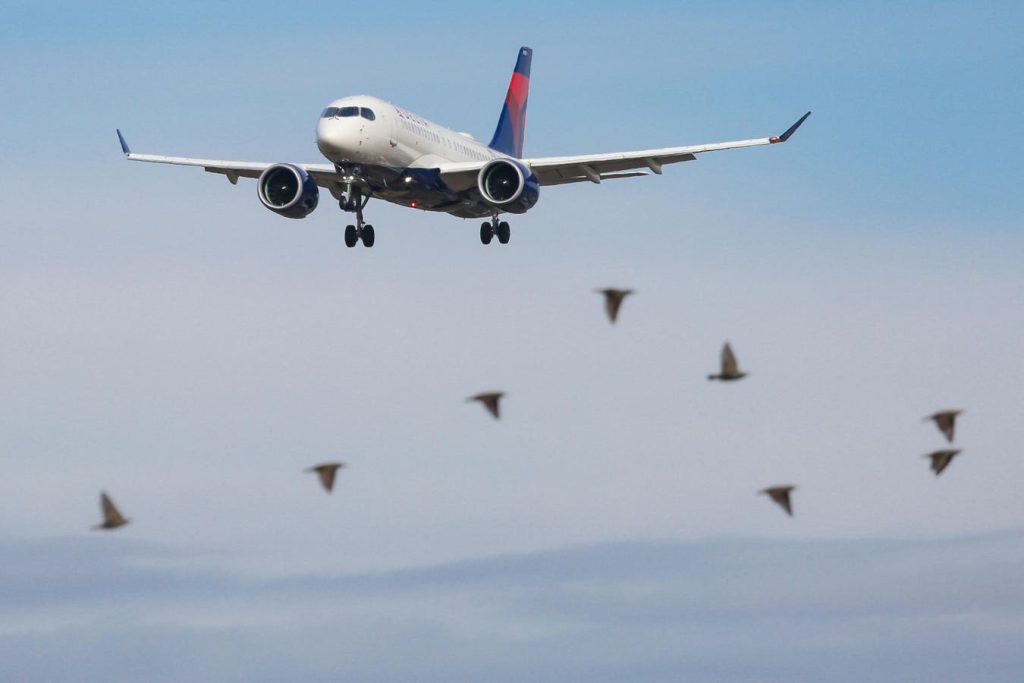The origins and prevalence of titanium used in commercial Boeing and Airbus jets are currently under investigation by regulators in the U.S. and Europe. Documents obtained by Forbes reveal that the suspect metal was supplied by a division of China’s largest state-owned aerospace conglomerate. The Italian company, Titanium International Group (TIG), purchased the titanium from AVIC Shaanxi Hongyuan Aviation Forging Co. (HYFC), a subsidiary of Aviation Industry Corporation of China. Leonardo, an Italian aerospace and defense company, stated in a letter to suppliers that TIG admitted to being unable to verify the origins of the titanium sourced from HYFC as far back as 2016.
Despite ongoing investigations, manufacturers and the European Union Aviation Safety Agency have not found any safety risks associated with parts made with the suspect titanium. However, Boeing has decided to replace parts in question on planes it is currently finishing due to bogus sourcing documentation accompanying the metal. Authorities may mandate the replacement of components on in-service planes as well, as it is challenging to prove their safety. Aerospace regulators require detailed documentation on parts and materials to ensure they meet safety and durability standards.
The memo from TIG states that HYFC provided certification documents indicating that the titanium supplied to the Italian company had been made to aerospace standards by the Chinese company BaoJi Titanium Industry. However, BaoJi denied being the source of the titanium late last year, according to TIG. Both HYFC and TIG did not respond to inquiries from Forbes before publication. The New York Times reported that Boeing revealed to the Federal Aviation Administration that it had sourced parts with suspect Chinese titanium from Spirit AeroSystems, which produces components for Boeing and Airbus airframes. This revelation adds to Boeing and Spirit’s manufacturing quality concerns following a panel malfunction on a Boeing 737 Max earlier this year.
Spirit reportedly used parts made by Turkish Aerospace Industries with the Chinese-supplied titanium. Boeing planes affected by the issue include the 787 Dreamliner and the 737 Max. Boeing spokeswoman Jessica Kowal stated that the company is still determining the extent of the problem and the specific aircraft models impacted. Kowal added that only a small number of parts from a limited set of suppliers were involved and that tests conducted so far have confirmed the use of the correct titanium alloy. Airbus has also used the suspect titanium in parts for the Airbus A220, but the company reassured that the airworthiness of the aircraft remains intact. The FAA and EASA continue to investigate the situation.
In conclusion, the use of suspect Chinese titanium in commercial jets manufactured by Boeing and Airbus has raised concerns among regulators and manufacturers. The questionable origins of the titanium sourced from a Chinese state-owned aerospace conglomerate have prompted investigations into the safety of parts made with the metal. While no safety risks have been identified so far, Boeing has taken preemptive measures to replace parts with dubious sourcing documentation on planes currently in production. The FAA and EASA are closely monitoring the situation and conducting further investigations to ensure the airworthiness of affected aircraft.













